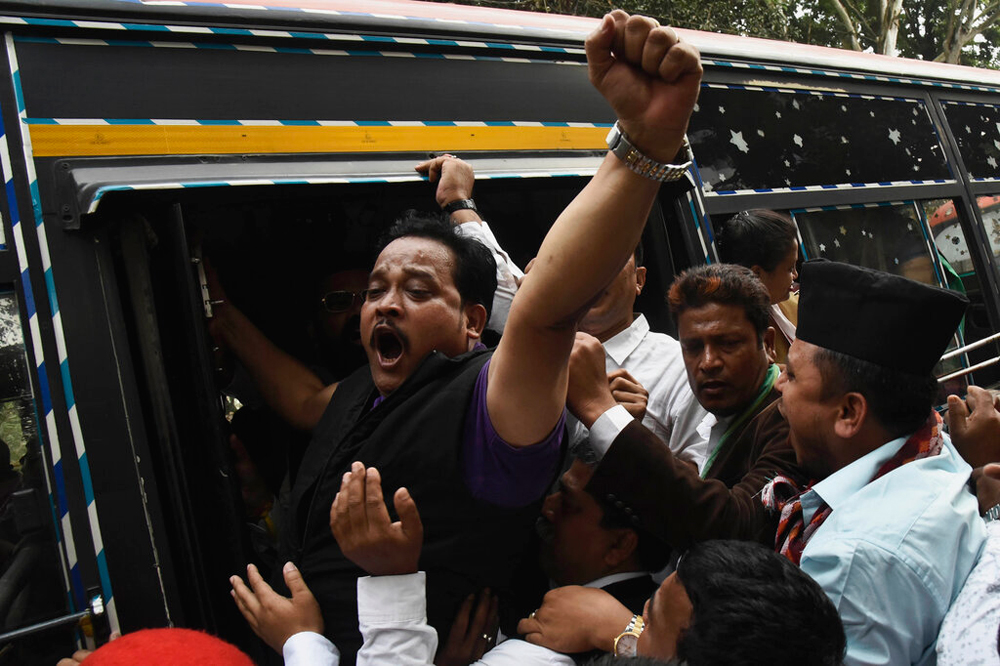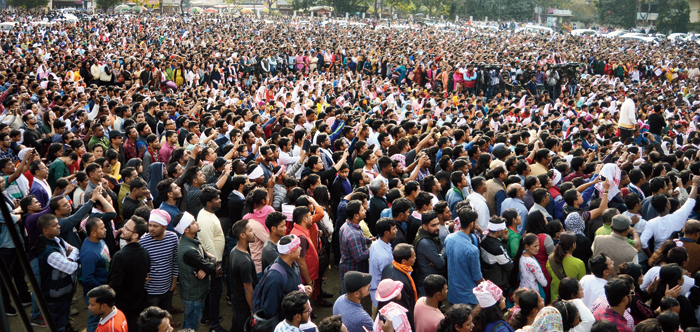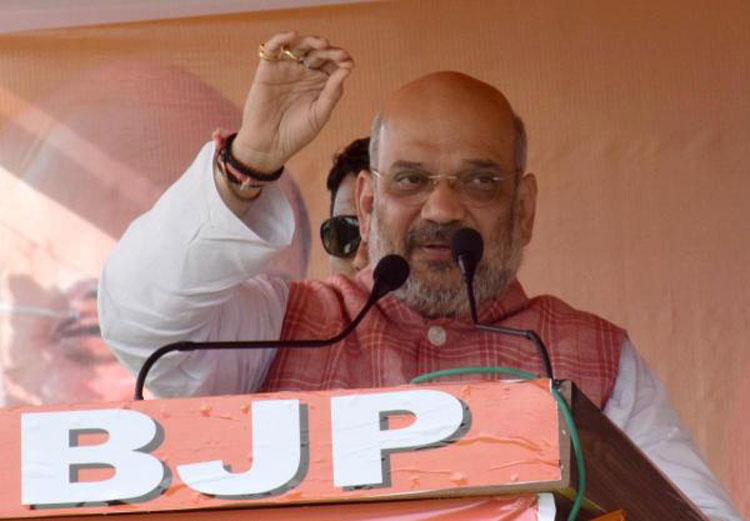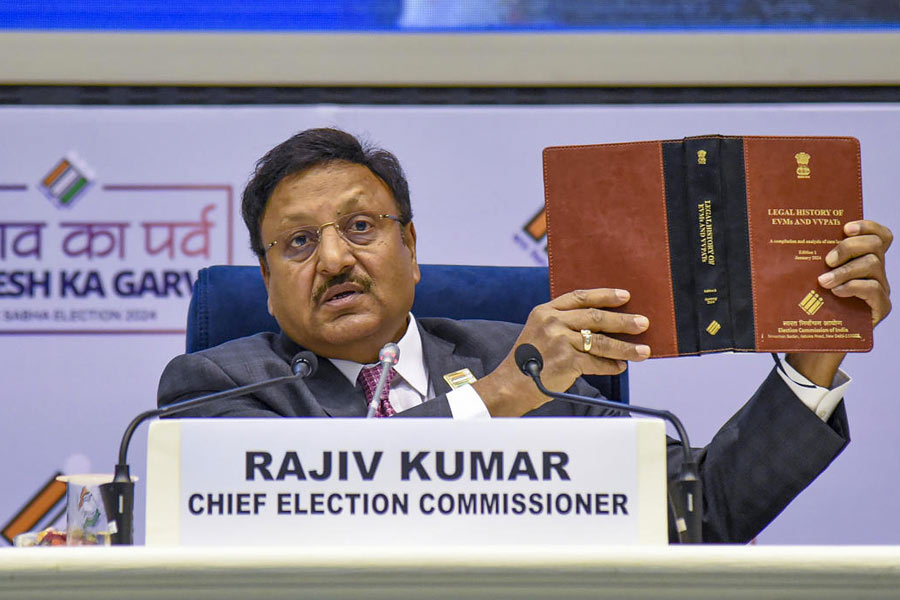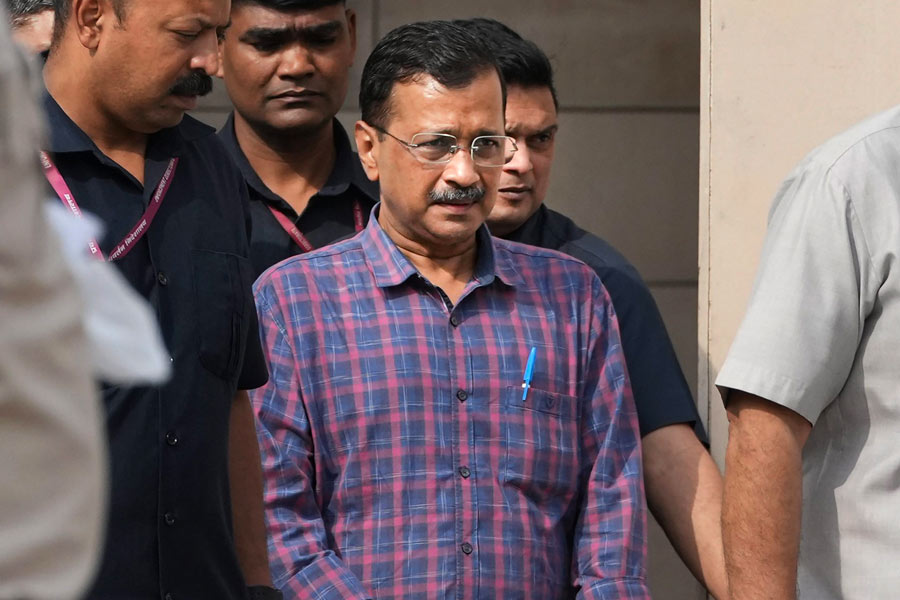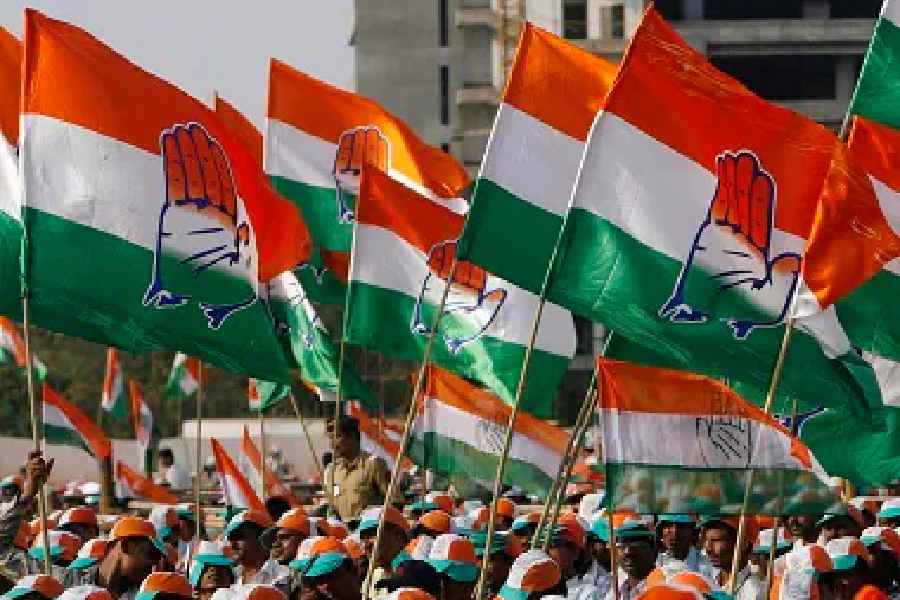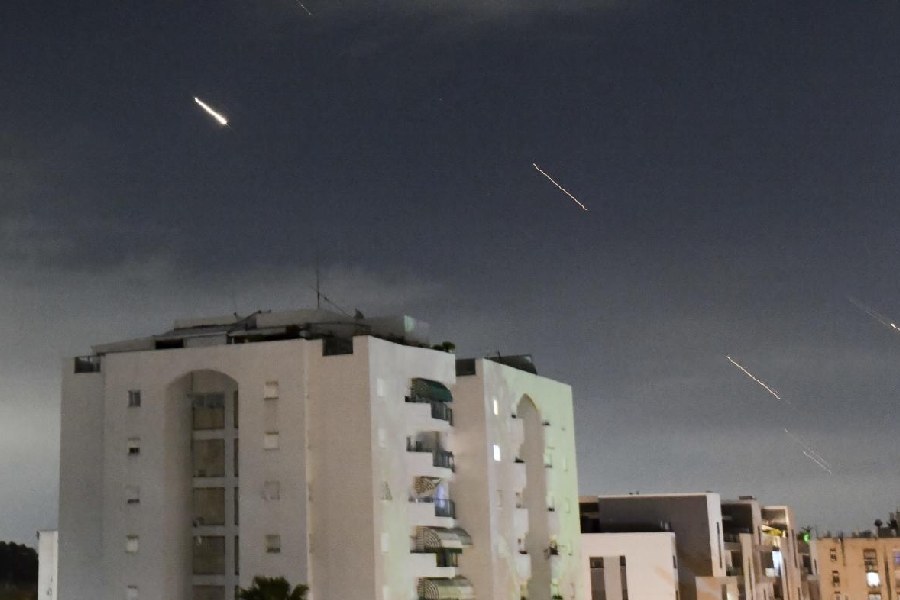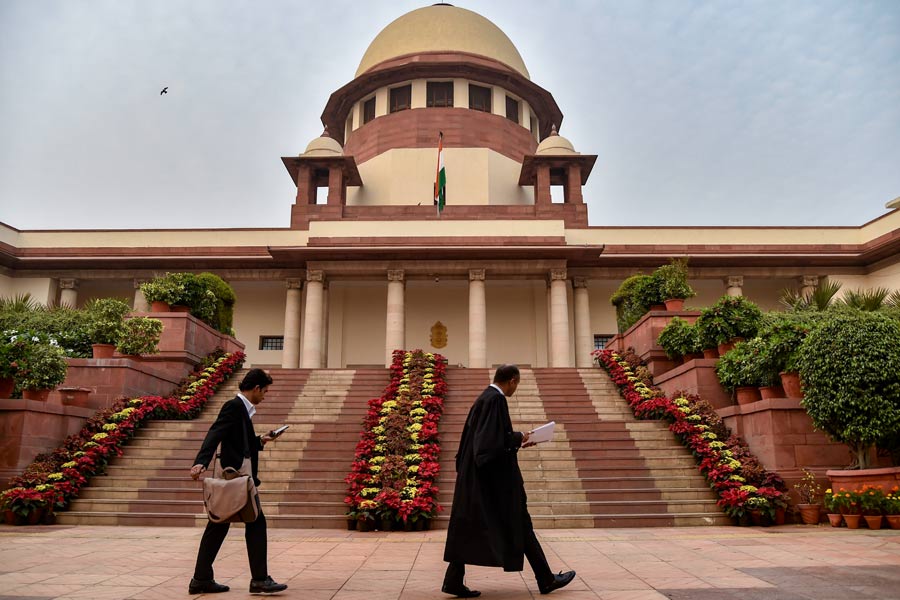Passionate public protest may turn violent, as happened in Assam; worse, it may encourage vandalism, as has been happening in West Bengal. Neither is acceptable. The West Bengal chief minister has warned that no violence will be tolerated, suggesting also that there is instigation behind it; are the police personnel who rampaged through Jamia Millia Islamia and beat up students going to be punished too? But it cannot be entirely without reason that so many places are erupting in protest across the country at the passing of the Citizenship (Amendment) Act. Beginning with protests in Assam and Tripura, popular and state resistance to the CAA is now manifest in West Bengal, Punjab and Kerala, in Chhattisgarh and Madhya Pradesh. The Act, which the Bharatiya Janata Party claims to be ‘inclusionary’, with the Union home minister adding that no Indian Muslim need fear it, is being perceived as a weapon of polarization that will lead to the disenfranchisement of the largest minority community. This directly contravenes the secular Constitution, which expressly forbids discrimination on the basis of community. Ironically, it is not just the community in question that feels insecure, but numerous other people too, since the updating of the National Register of Citizens in Assam excluded a large number of Hindus from the list. It also seized upon individual members of families to throw into detention camps. The Centre’s decision to extend the NRC to the whole country was already being resisted, especially in Bengal. Now there is the CAA, bestowing citizenship on non-Muslim migrants who entered the country before December 31, 2014, claiming persecution in Pakistan, Afghanistan and Bangladesh. Intended to balance the NRC’s vagaries, it has not calmed the insecurities of much of the majority community while reigniting the minority community’s fears.
Each state has its own reasons for resisting the CAA. But can the Centre in a federal structure force a law upon unwilling states? Legally it can. Should it? The states were not asked for their views, only ordered to obey. When the Union defence minister reminds the country that the BJP has the people’s mandate, he must explain why the protests are on such a scale. If the Congress is behind the unrest, as the prime minister claims, where was it at election time? It is a rare government that remains unmoved by its people’s anger, fear and hurt. Maybe it has something other than peaceful governance in mind. Is that why the prime minister declared that those causing violence over the CAA can be identified by their clothes?

